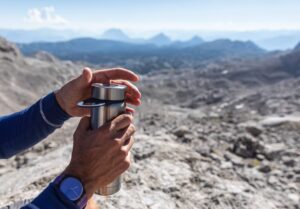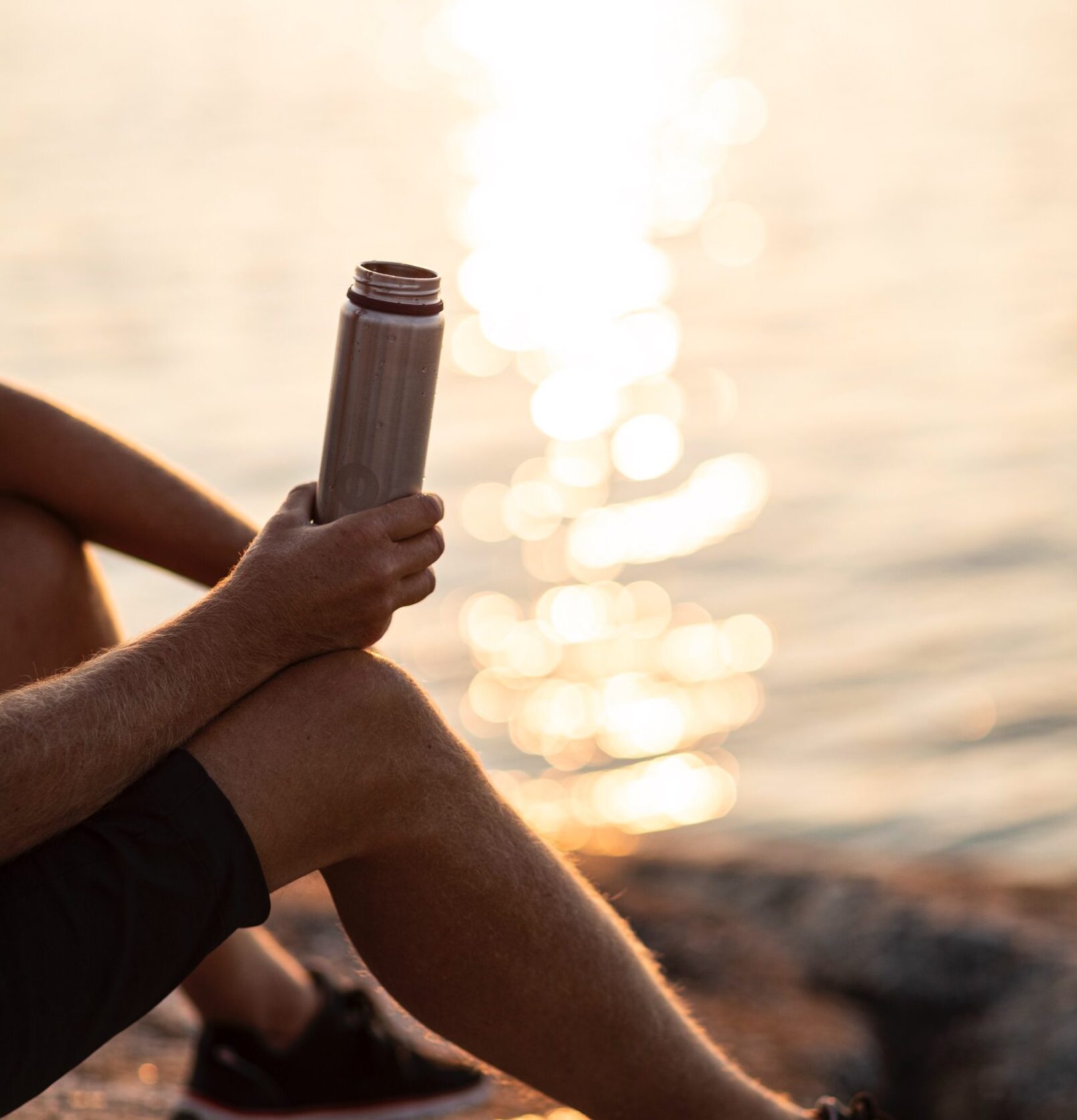Are you ready to take your workouts to the next level? Whether you’re hitting the pavement for a run, pumping iron at the gym, or stretching it out in a yoga class, staying hydrated is essential for maximizing your performance and achieving your fitness goals. But how much water should you be drinking during exercise? And what are the best ways to stay hydrated before, during, and after your sweat session? In this blog post, we’ll dive into all things hydration so that you can keep pushing yourself without missing a beat. So grab your water bottle and let’s get started on this journey towards peak hydration!
Why staying hydrated is important during exercise
Proper hydration is key to optimizing your exercise performance. When you sweat during a workout, your body loses water and electrolytes that need to be replenished. Without adequate hydration, your muscles can’t function optimally, leading to decreased strength and endurance.

Staying hydrated also helps regulate your body temperature. As you exert yourself, your core temperature rises, and sweating is the body’s way of cooling itself down. But if you’re dehydrated, your body has a harder time producing enough sweat to cool off effectively. This can lead to overheating and potentially dangerous conditions like heat exhaustion or heatstroke.
In addition to physical performance benefits, staying hydrated also supports cognitive function. Dehydration can affect concentration, focus, and decision-making abilities – not exactly what you want when trying to push through a tough workout.
So remember: hydrating before, during, and after exercise is essential for maximizing performance while keeping yourself safe from dehydration-related risks. Now let’s move on to how much water you should be drinking during exercise!
How much water you should drink during exercise
How much water you should drink during exercise can vary depending on various factors such as the intensity and duration of your workout, as well as individual factors like body weight and sweat rate. It’s important to listen to your body’s cues and stay hydrated throughout your exercise routine.
A general guideline is to aim for about 17-20 ounces (500-600 ml) of water two to three hours before exercising. During your workout, try to drink about 7-10 ounces (200-300 ml) every 10-20 minutes. If you’re engaging in a particularly intense or prolonged session, you may need more fluids.
It’s worth noting that everyone’s hydration needs are different, so it’s essential to pay attention to how your body feels during exercise. If you start feeling thirsty or notice signs of dehydration such as dry mouth or dark urine, increase your fluid intake.

Additionally, consider incorporating electrolyte-rich beverages into your hydration plan if you engage in longer workouts or high-intensity activities that cause excessive sweating. These drinks can help replenish minerals lost through sweat and aid in maintaining proper muscle function.
Remember that staying adequately hydrated is crucial not only for performance but also for overall health and safety during exercise. So keep a water bottle handy and sip frequently to ensure optimal hydration levels while working up a sweat!
What are the best ways to stay hydrated during exercise?
Staying hydrated during exercise is crucial for maintaining optimal performance and preventing dehydration. So, what are the best ways to ensure you stay properly hydrated?
Make sure to drink plenty of water before, during, and after your workout. Aim to consume about 17-20 ounces (500-600 ml) of water at least two hours before exercising. During your workout, try to sip on water every 15-20 minutes or as needed.
Another effective way to stay hydrated is by consuming sports drinks that contain electrolytes. These drinks help replenish the minerals lost through sweat and can provide an extra boost of hydration.
Additionally, incorporating hydrating foods into your pre-workout meal or snack can be beneficial. Fruits like watermelon and oranges have high water content and can contribute to your overall hydration levels.
Investing in a good quality reusable water bottle with measurements marked on it can also be helpful in tracking your fluid intake throughout the day.

Remember that everyone’s hydration needs may vary depending on factors such as intensity of exercise, weather conditions, and individual differences. Listen to your body’s signals and adjust accordingly.
By prioritizing regular hydration practices like these, you’ll be able to maintain peak performance during workouts while minimizing the risk of dehydration-related issues!
What are the signs of dehydration?
Dehydration occurs when your body doesn’t have enough water to function properly. During exercise, it’s crucial to stay hydrated to prevent dehydration. But how do you know if you’re dehydrated? Here are some signs to look out for:
1. Thirst: Feeling thirsty is the most obvious sign that your body needs more water. However, by the time you feel thirsty, you may already be mildly dehydrated.
2. Dark urine: If your urine is dark yellow or amber in color, it’s a clear indication that you need to drink more fluids. Ideally, your urine should be pale yellow.
3. Dry mouth and lips: When dehydrated, saliva production decreases, leading to a dry mouth and parched lips.
4. Fatigue and dizziness: Lack of proper hydration can make you feel tired and sluggish during exercise. You may also experience dizziness or lightheadedness.
5. Muscle cramps: Dehydration can cause muscle cramps due to electrolyte imbalances in the body.
6. Headaches: Inadequate hydration can trigger headaches as well as difficulty focusing and concentrating.
Remember that these signs may vary depending on individual factors such as age, health conditions, and intensity of physical activity performed.
In order to prevent dehydration during exercise, make sure to drink enough water before, during (if possible), and after your workout session. It’s recommended to aim for about 16-20 ounces of fluid two hours before exercising and then 8-10 ounces every 15 minutes while exercising.
How to prevent dehydration
To wrap it up, staying hydrated during exercise is crucial for optimal performance and overall health. By following these tips, you can keep dehydration at bay:
1. Drink plenty of water before, during, and after your workout.
2. Consider electrolyte-rich drinks or sports beverages to replenish essential minerals lost through sweat.
3. Monitor your urine color – pale yellow is a good indicator of proper hydration.
4. Plan your workouts in cooler times of the day or opt for indoor activities if exercising in extreme heat.
5. Dress appropriately with breathable fabrics to enhance perspiration evaporation.
6. Take frequent breaks and listen to your body’s signals of thirst or fatigue.
7. Avoid excessive alcohol consumption as it can dehydrate the body.
Remember that every person’s hydration needs may vary based on factors such as intensity level, duration, weather conditions, and individual physiology. It’s always important to consult with a healthcare professional if you have any specific concerns or medical conditions.
So stay hydrated, be mindful of your fluid intake during exercise, and enjoy the benefits that come from keeping yourself properly fueled!
